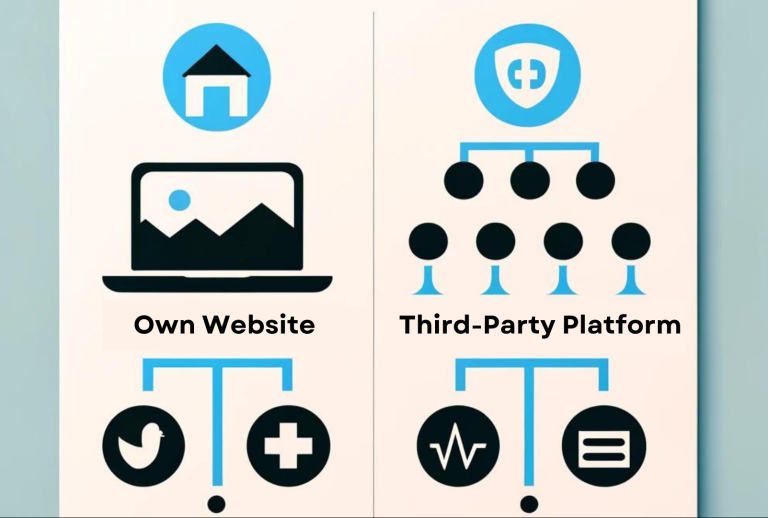Why Engaging All Stakeholders is Important
Collaboration and engagement among stakeholders are essential for driving innovation, improving patient outcomes, and advancing public health initiatives. Pharmaceutical companies, as key players in the healthcare ecosystem, have a vested interest in fostering relationships with a diverse array of stakeholders, including healthcare professionals, patients, policymakers, advocacy groups, and payers. By engaging all healthcare stakeholders, pharmaceutical companies can gain valuable insights, build trust, and achieve shared goals that benefit patients and society as a whole. Let’s explore why engaging all healthcare stakeholders is vital for pharmaceutical companies.
Enhancing Patient-Centricity
At the heart of every pharmaceutical company’s mission is a commitment to improving patient outcomes and enhancing quality of life. Engaging all healthcare stakeholders, including patients and patient advocacy groups, is essential for maintaining a patient-centric focus in drug development, marketing, and access initiatives. By soliciting input from patients and incorporating their perspectives into decision-making processes, pharmaceutical companies can develop products and services that better meet the needs and preferences of the individuals they serve.
Promoting Healthcare Equity and Access
Healthcare disparities persist globally, with marginalized communities often facing barriers to accessing quality care and treatments. Engaging with diverse stakeholders, including patient advocacy groups, community organizations, and policymakers, is essential for promoting healthcare equity and access. Pharmaceutical companies can collaborate with stakeholders to identify and address disparities in healthcare delivery, increase awareness of available treatments, and advocate for policies that support equitable access to healthcare services.
Facilitating Innovation and Research
Collaboration among healthcare stakeholders is a driving force behind innovation and scientific advancement in the pharmaceutical industry. By engaging with academic institutions, research organizations, and healthcare providers, pharmaceutical companies can access cutting-edge research, expertise, and resources to drive drug discovery and development efforts. Collaborative research partnerships also enable pharmaceutical companies to explore new therapeutic areas, identify unmet medical needs, and accelerate the translation of scientific discoveries into clinical practice.
Advocating for Public Health Initiatives
Pharmaceutical companies have a responsibility to contribute to public health initiatives that benefit society at large. Engaging with policymakers, government agencies, and public health organizations allows pharmaceutical companies to advocate for evidence-based policies, regulations, and interventions that promote public health and disease prevention. By participating in public health campaigns, education initiatives, and collaborative efforts to address global health challenges, pharmaceutical companies can demonstrate their commitment to improving population health outcomes.
Building Trust and Reputation
Trust is a cornerstone of successful relationships in the healthcare industry. Engaging with all healthcare stakeholders in a transparent, ethical, and collaborative manner is essential for building trust and maintaining a positive reputation. By demonstrating a commitment to integrity, accountability, and corporate social responsibility, pharmaceutical companies can earn the trust of patients, healthcare professionals, regulators, and the broader community. Trustworthy relationships with stakeholders enhance brand reputation, foster loyalty, and ultimately contribute to long-term business success.
Engaging all healthcare stakeholders is essential for pharmaceutical companies seeking to drive innovation, improve patient outcomes, and contribute to public health initiatives. By fostering collaboration, dialogue, and partnership among diverse stakeholders, pharmaceutical companies can enhance patient-centricity, promote healthcare equity and access, facilitate innovation and research, advocate for public health initiatives, and build trust and reputation. As pharmaceutical companies continue to navigate the complex healthcare landscape, prioritizing stakeholder engagement remains crucial for achieving shared goals that benefit patients, communities, and society as a whole.






